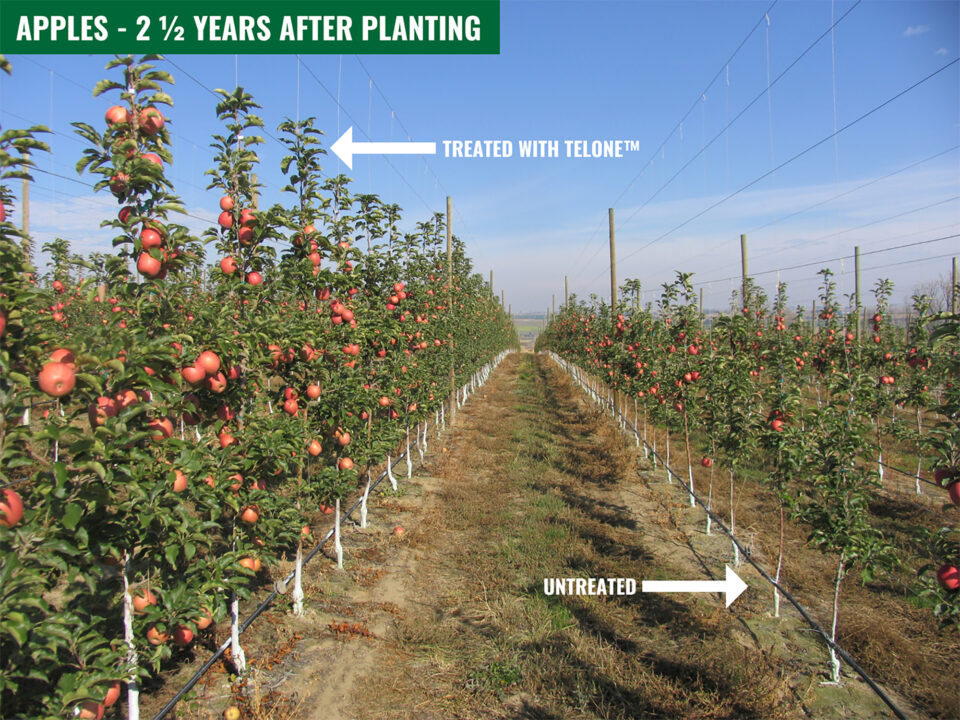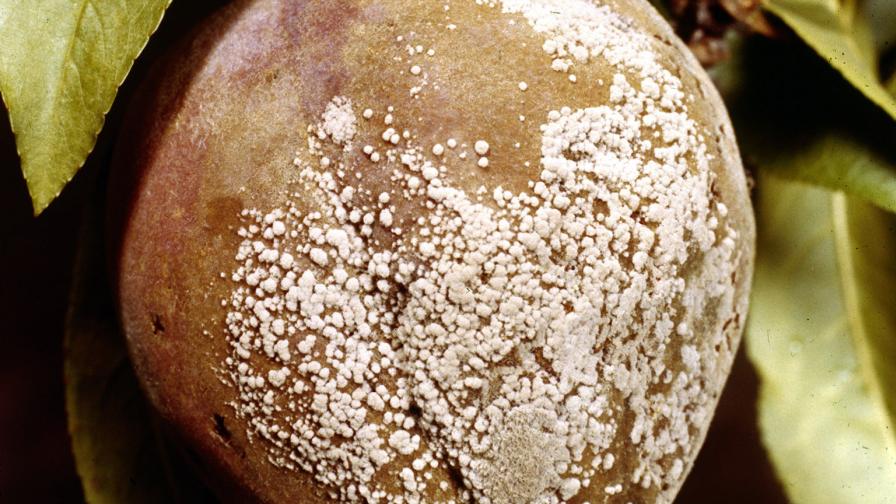Melon Genome Study Discloses Impacts Of Breeding
The first comprehensive genome analyses of seven melon varieties was recently completed and it will provide breeders with information important for understanding phenotypic variability and helping increasing plant quality yields by selective breeding.
Led by a research team that included Josep Casacuberta, who is with the Center for Research in Agricultural Genomics in Barcelona, Spain, the findings were published in the online edition of Molecular Biology and Evolution.
According to a press release, the researchers sought to bridge the gap between expanding the genetic knowledge of melons and understanding important traits such as flavor, size and water use.
The study is said to be the first comprehensive analysis of genetic diversity in melon, and describes more than 4.3 million single sequence DNA variants (SNPs), together with an important number of structural variants including deletions, inversions, duplications, and mobile element movements.
The research team proved that highly cultivated and bred lines show the least diversity, with wild melons being the most diverse. Similar studies of corn, rice, and soybeans have shown that the most farmed and domesticated varieties show the least genetic variability.
Click here to read more.










